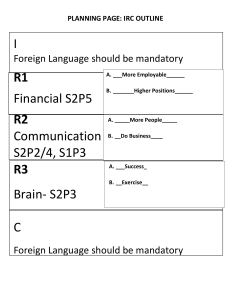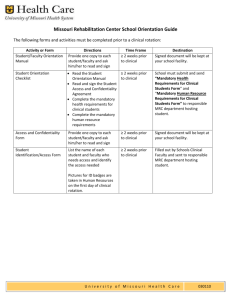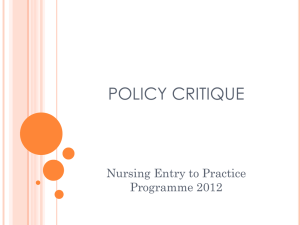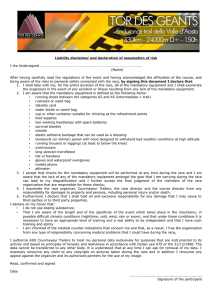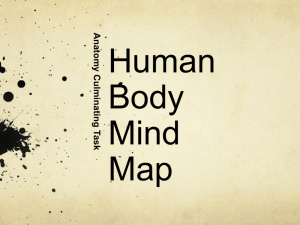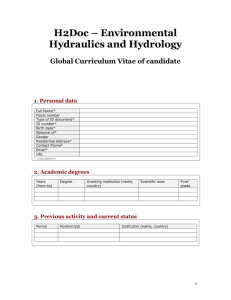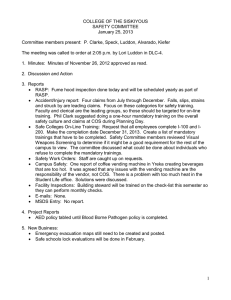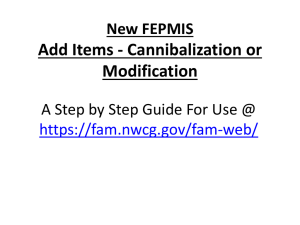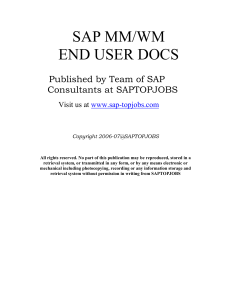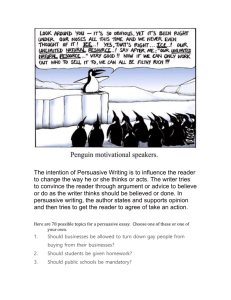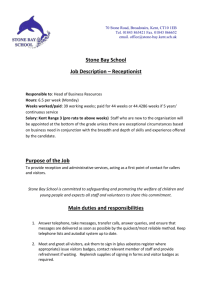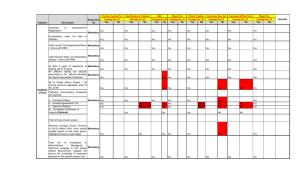Partner Response When
advertisement
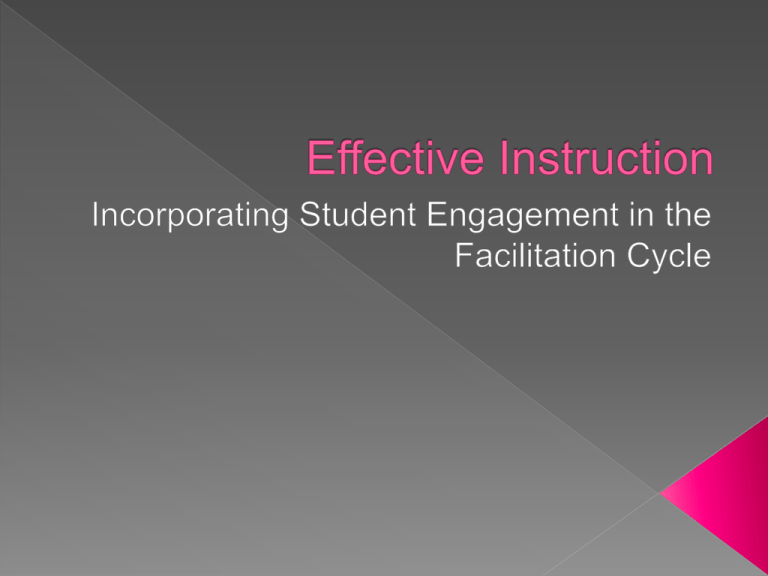
List two engagement strategies you use regularly in your classroom. For each one, tell when you use it and why. Plan for student engagement within the elements of the facilitation cycle Define the difference between overt and covert engagement strategies Use the types of student responses in lesson plans Read the article on your own. Highlight important ideas. Definition: Non-observable engagement Example: think, be prepared, visualize, be ready, read Definition: Observable engagement Example: speak, write, signal, perform O C Point to… Listen to your partner and be ready to share O Circle the answer to number 4 C Take a moment to remember the steps of the process Group Response Partner Response Individual Response Written Response Definition: All students responding at one time Best practices: Use a signal & a verbal cue When: Response is the same and short (less than 10 words) Mandatory: ALL students must respond. Wait. Then, redo if all do not. Definition: Partners talking to each other Best practices: Assign Partner A and B Define roles Discuss how an absentee partner is handled Provide a brief amount of time LLW (Look, Lean, Whisper) When: Responses will be different, access prior knowledge, elicit opinions Mandatory: Roam, listen in, be ready to share out what you hear Definition: one student answers Best practices: Limit hand raising Use minimally Use in conjuction with another response to engage the rest of the class When: Responses differ, to check in with specific students, Mandatory: Always consider what is EVERYONE else doing when one person responds Definition: All students writing at one time Best practices: Give prompt Clearly provide expectations Give time limit When: Short response - reflect, synthesize ideas, brainstorm, quick write, ticket out the door Mandatory: ALL students must respond. ROAM O C Point to… Listen to your partner and be ready to share O Circle the answer to number 4 C Take a moment to remember the steps of the process Partner A and B - read it individually Partner A -even questions Partner B -odd questions Discuss answers Present Model Guided Practice Independent Practice Assessment G - Group Response P - Partner Response I - Individual Response W - Written Response -Frank Smith John, what is the answer? Let’s see who hasn’t answered? Everyone, read the next paragraph. Can anyone tell me the stages of cell development? Work together with your partner Add codes for student responses Add engagement if needed G - Group Response P - Partner Response I - Individual Response W - Written Response -Frank Smith Go back to your note card Turn it over On the back, choose two new strategies will use in your classroom Leave as a ticket out the door
